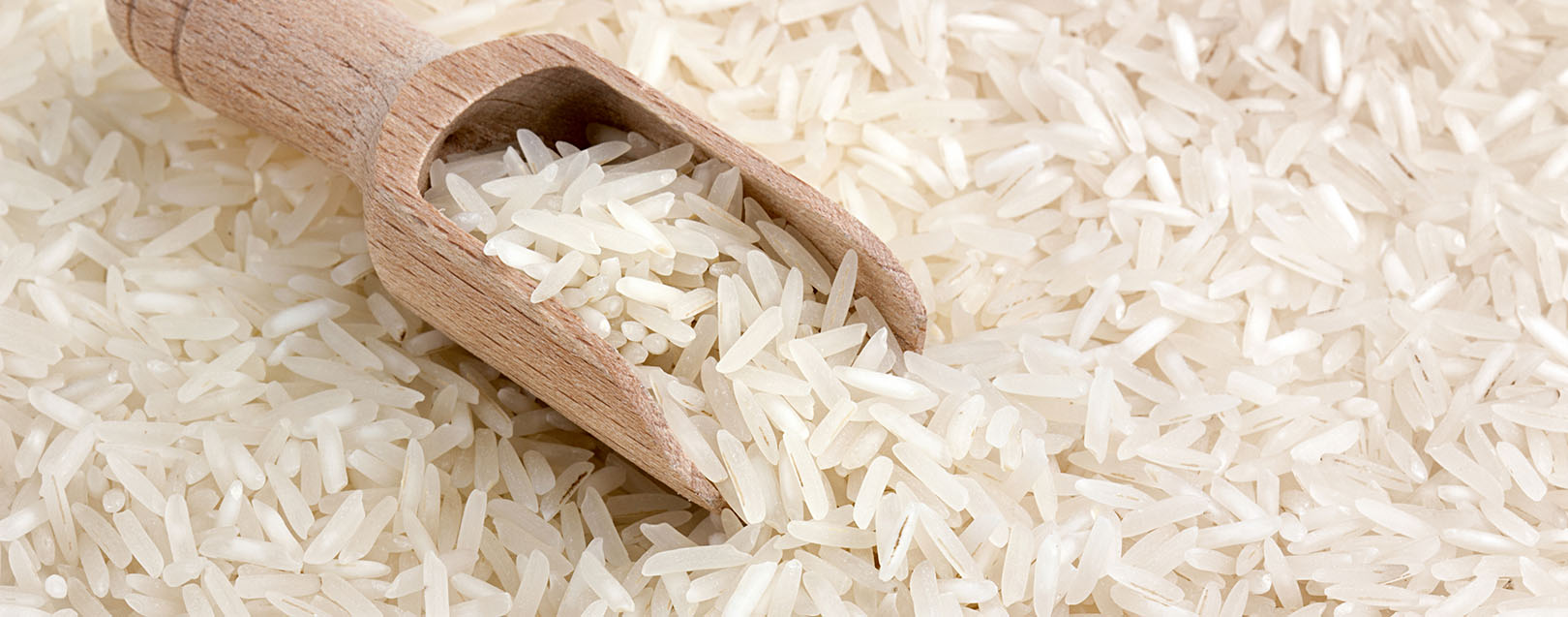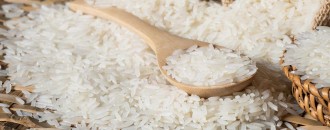
Govt allows basmati exports via land custom stations
The Dollar Business Bureau
Amid India’s falling basmati rice imports, now for the last two consecutive fiscals i.e. 2014-15 and 2015-16, the government has permitted outbound shipments of basmati rice through land custom stations on Indo-Nepal border and Indo-Bangladesh.
“In addition to the EDI (electronic data interchange) ports, export of basmati rice will now be permitted through land custom stations on Indo-Bangladesh and Indo-Nepal border also subject to registration of quantity with DGFT (Director General of Foreign Trade),” the Ministry of Commerce said in a statement on Monday.
The ministry also said the government would not allow exports of basmati rice on the basis of documents against acceptance, unless exports are insured either by ECGC (Export Credit Guarantee Corporation of India), a government-owned company giving credit risk insurance and other related services to exporters with an objective of encouraging exports, or bank with effect from October.
Last month, the government announced a ban on following the business practices of documents against acceptance, in which basmati rice consignments were shipped without prior settlements of prices.
India’s basmati exports tanked from almost $5.03 billion in 2013-14 to about $4.77 billion in 2014-15 and over $3.86 billion in 2015-16.
India’s imports of basmati rice to Bangladesh had earlier come to a standstill after the latter doubled the import duty on Indian basmati.
In past, Iran imported a significant chunk of India’s basmati rice, about a million tonnes on an average, owing to its restricted overseas market access due to US-led sanctions. After the sanction was lifted, Iran imposed a ban on imports of basmati rice, but it resumed imports later in January this year.
India alone accounts for about 85% of the global basmati rice shipments. According to ICRA’s latest estimation, India’s basmati exports will see a rebound later this year, more so during the second half of the 2016-17 fiscal, due to a surged demand in its key overseas markets.
Iran, too, had earlier conveyed its intent to stimulate the Indian basmati rice imports from July 23 onwards to protect its growers who were predominantly producing rice keeping in mind the demand of the Iranian buyers.






 to success.
to success.